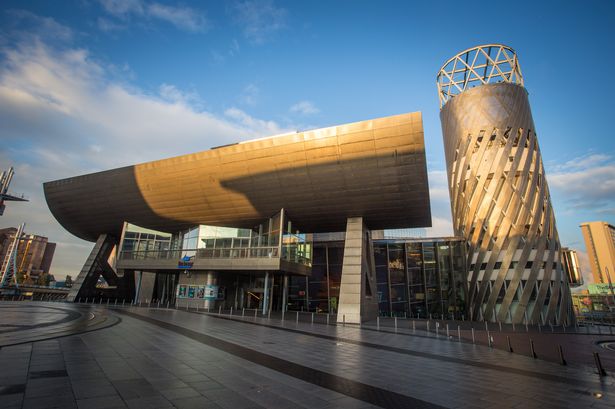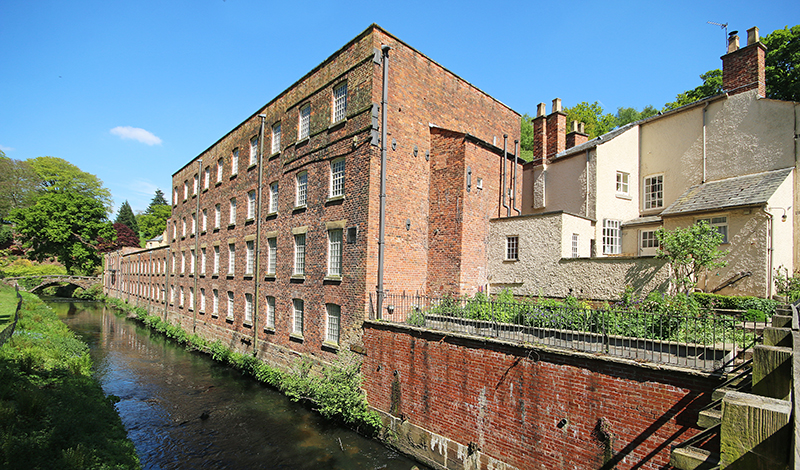
The 2002 Punch Club meeting was hosted by Steve Payne in Manchester from 9 to 11 October.
Members (click here for a list of attendees) and their partners were accommodated at the Marriott Hotel in Manchester and were entertained on the evening of 9 October, chez Payne, at 21 Ollerbarrow Road with supper and wine.
During the first scientific session, the accompanying persons were transported to central Manchester and provided with essential information to find the main city attractions such as Urbis, the City Art Gallery, the Museum of Science and Industry, the main shopping area around King Street West, St Ann’s Square and Market Street.

The presentations given during the scientific sessions are shown in the tables below:
THURSDAY 10 OCTOBER
Innovation - for or against urological surgeons? |
| Paul Taylor |
Cross-sectional imaging for urologists - the next decade |
| Mary Prescott |
Why is PET so good? |
| Gareth Evans |
The inherited basis of urological cancer: the prospect for cure |
| Reflective practice in urology - the only way to be? |
| Paddy O'Reilly |
Evidence-based management of hydronephrosis |
| Kieran O'Flynn |
Portfolio - what portfolio? |

Quarry Bank Mill
Following lunch, members and their partners were transported to Quarry Bank Mill & Styal Country Estate. The history of this unique estate is summarised below:
In 1783 Samuel Greg, founder of Quarry Bank Mill, searched the countryside around Manchester for a suitable, fast-flowing river where he might build a new mill. The site at Styal, just north of Wilmslow, on the River Bollin, proved ideal. The mill was purpose-built to house the revolutionary new spinning machines on land leased from the Earl of Stamford and Warrington in 1784. A weir and headrace channel were constructed and a water wheel installed.
Greg very quickly turned the mill into a profitable concern and it was repeatedly extended between 1796 and 1875. Steam engines were introduced from 1810 onwards to supplement the water power, especially during the drier summer months.
When the English textile industry inevitably declined, the mill and its estates were donated to the National Trust. In 1978, the site was opened as a museum and, in 1984, it won the coveted Museum of the Year award. Today it is recognised as being one of the most complete Georgian mills in England, with many original features, and is an important part of our industrial heritage
On the evening of 10 October the black-tie Club dinner was held at Arley Hall, near Northwich, Cheshire. With its ancient history, and more than 100 acres of gardens and parkland, Arley Hall has been owned and run by the same family for more than 500 years. The present hall is built in the Victorian / Jacobean style and each of the rooms has an individual character and charm. There is fine plaster work & panelling, a magnificent library, with historic family furniture, pictures and porcelain.
Click here for the seating table plan (opens in a new browser window)
During the second scientific session, on 11 October, the accompanying persons were transported to Salford Quays where they took in the sights and visited the iconic Lowry Hotel (pictured top of page).
| FRIDAY 11 OCTOBER |
| Ian MacLennan |
Management of para-stomal hernia |
| David Shackley |
The impact of varying sperm retrieval techniques on the outcome of intra-cytoplasmic sperm injection (ICSI) in male factor infertility |
| Mark Harrison |
The history of the Punch club and punch resection |
| Steve Payne |
Presumptive coding. A preliminary study of the ability to aggregate input diagnoses and determine their relevance to urological resourcing and clinical governance |
| Steve Payne & Bruce Montgomery |
Clinico-pathological case conference |
If you have images (or any other information) that you would be happy to add to this page and share, please contact the Web Editor by email using the link below:
Click to email the Curator
← Back to Punch Club